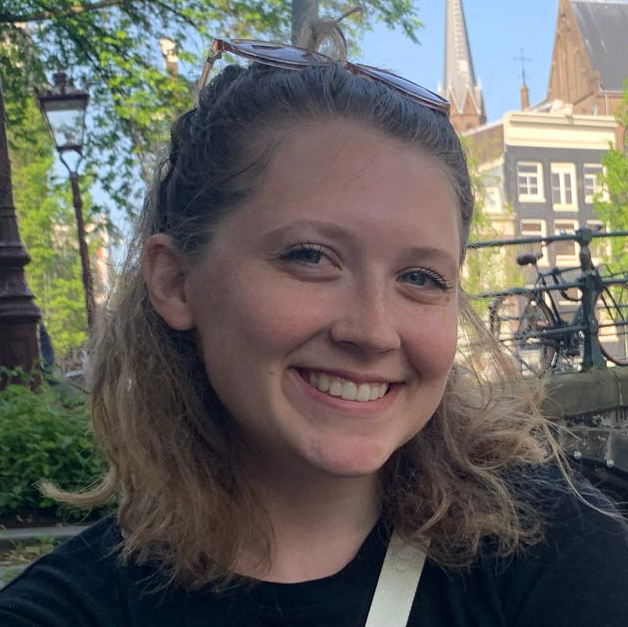By Natalie Forney
As a young adult and recent college grad, I have had little experience with intergenerational church community, because for all my life, I have been separated into my age group. I started my faith journey in the church nursery, learned about Jesus in kids’ church, was discipled in youth group, and deepened my faith in my college community. These were the places where I was challenged, where my voice was invited, where my questions were welcomed, and where I felt comfortable practicing my faith authentically. These have almost exclusively been the places I was encouraged to connect, to get involved, and to lead.
It wasn’t until I graduated college and moved to a new city that I realized how difficult and unnatural it was for me to connect and grow in my faith in a multigenerational setting. I started attending a church whose congregation was largely older and I found myself immediately, and rather desperately, looking for a young adults’ group in the area to join. This was more important to me than getting involved in my church. The only opportunities I had ever been given to grow and lead were in groups of people my own age, so if I wanted to find a discipleship community, I assumed it would have to look like it always had.
_
“The generational disconnect was so strong that it made me an observer and not a contributor.”
_
Church Culture + Conversations
A few weeks into attending my new church, I was invited to be part of a Sunday school group. I was the youngest person there by at least 35 years. I felt sorely out of place and didn’t feel comfortable speaking up in group discussions or even praying out loud. The generational disconnect was so strong that it made me an observer and not a contributor.
I didn’t know how to really listen to the perspectives of the older generation or share mine with them. I didn’t know how to engage authentically with such a different viewpoint. I didn’t know how to ask the right questions in order to connect with my group.
Instead, I am practiced in the art of smiling and nodding whenever an older person shares a perspective with which I disagree and reserving my own perspective for the people in my generation. This reflects a narrative of church culture that often prioritizes preserving the peace above creating space for hard conversations.
Bridging the Gap
It is not just young people who are separated from the rest of the church. I have often observed churches with services specifically designed for the older generations. It’s certainly not a bad thing to have groups geared toward specific ages or stages of life. But when the only spaces for learning and leadership are in separation from other generations, we are doing our churches a grand disservice.
_
“Being the church requires teamwork across generations.”
_
There is a structural disconnect within so many churches that has created a culture where everyone’s voice is invited to the table; it’s just that we’re sitting at different tables. Now more than ever is the time to address this gap in community.
We need intentional spaces for intergenerational connection in our churches. How many Sunday school classes or small groups are multigenerational? How often do churches give children and youth space to lead people older than they are? How might young people benefit from mentorship programs (especially at churches connected with Christian colleges)? Intergenerational community won’t look the same at every church, so we need to become creative and give every age group a voice and a place. Being the church requires teamwork across generations.
Intergenerational community and connection are not the norm in American Christianity. Each generation has been shaped by different cultures, different world events, different challenges and influences, and these differences create a natural separation. Bridging this gap will require inviting everyone to the same table and brainstorming with voices from all age groups.
While I’ve heard many church leaders emphasize the importance of multigenerational community, the truth is it’s rarely being practiced. If this is a priority we claim to have, we need to figure out ways to implement it. Living into the diversity that God created is difficult. It will require us to wrestle with other perspectives, and step outside our comfort zones, and make growth a way of life. Are we ready?
+

Natalie Forney graduated in 2019 from Spring Arbor University where she earned a Bachelor of Arts degree in psychology and Spanish. After several years of working in the travel industry, she has taken a gap year to travel the world and work on writing her first novel. She is passionate about theology and bridging gaps in an increasingly divided world.











